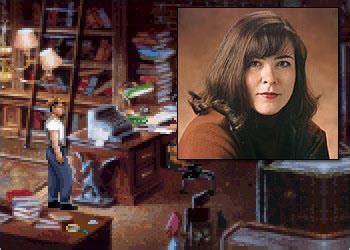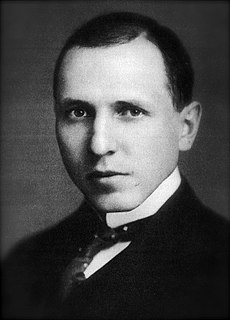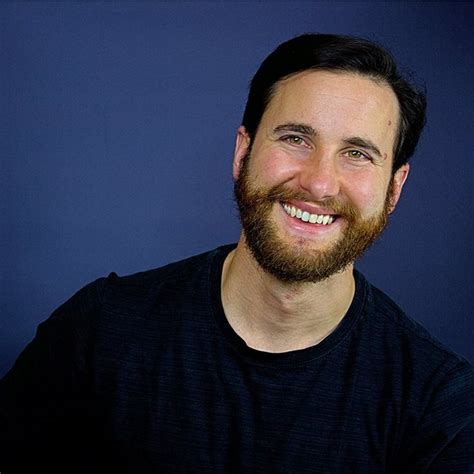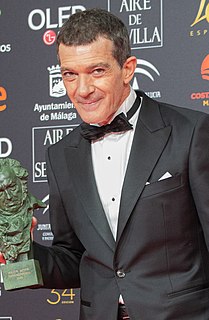A Quote by Jennifer Konner
The truth is that, to me, a likeable character is a character that is really flawed, so I don't know what people mean when they say 'likable.'
Related Quotes
Character is the starting point from which we go on. When I say a man has character, I mean that when you go to that man and say, 'What are the facts in this case?' he will tell you the truth, justly, truly, and wisely as he knows, with the minimum of exhibitionism and the maximum of devotion to the common cause.
When you are writing, you have to love all your characters. If you're writing something from a minor character's point of view, you really need to stop and say the purpose of this character isn't to be somebody's sidekick or to come in and put the horse in the stable. The purpose of this character is you're getting a little window into that character's life and that character's day. You have to write them as if they're not a minor character, because they do have their own things going on.






































